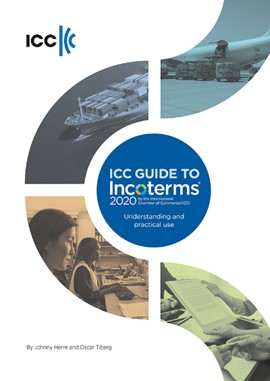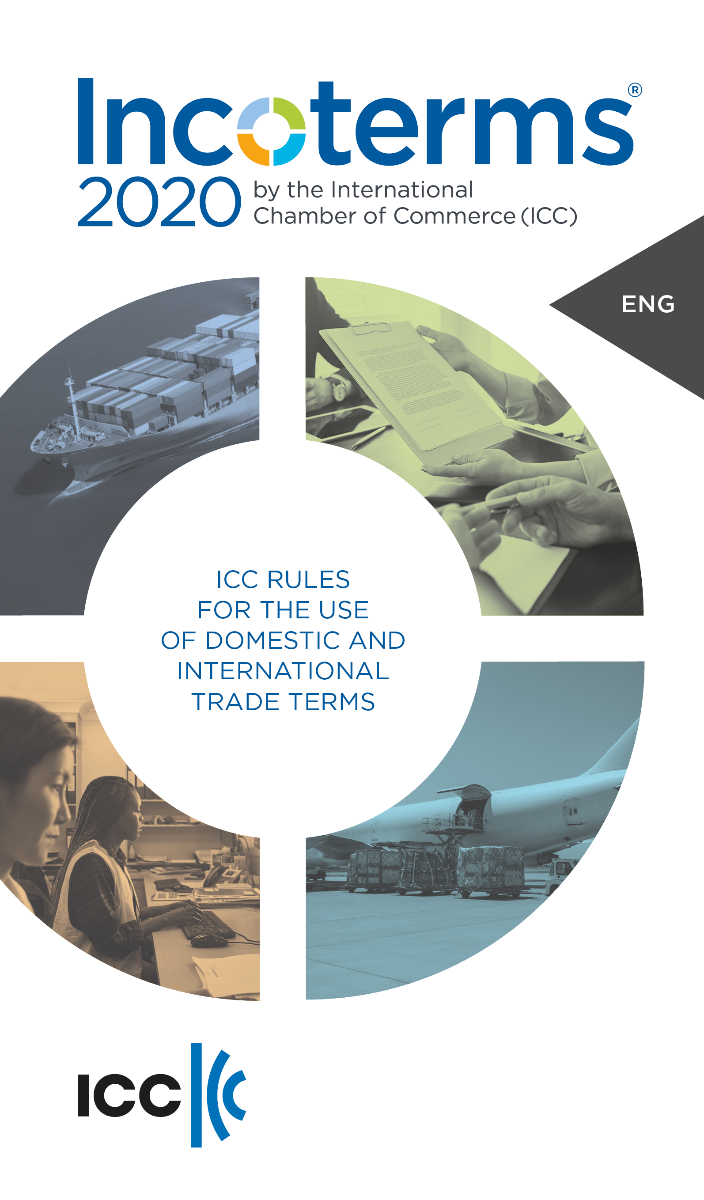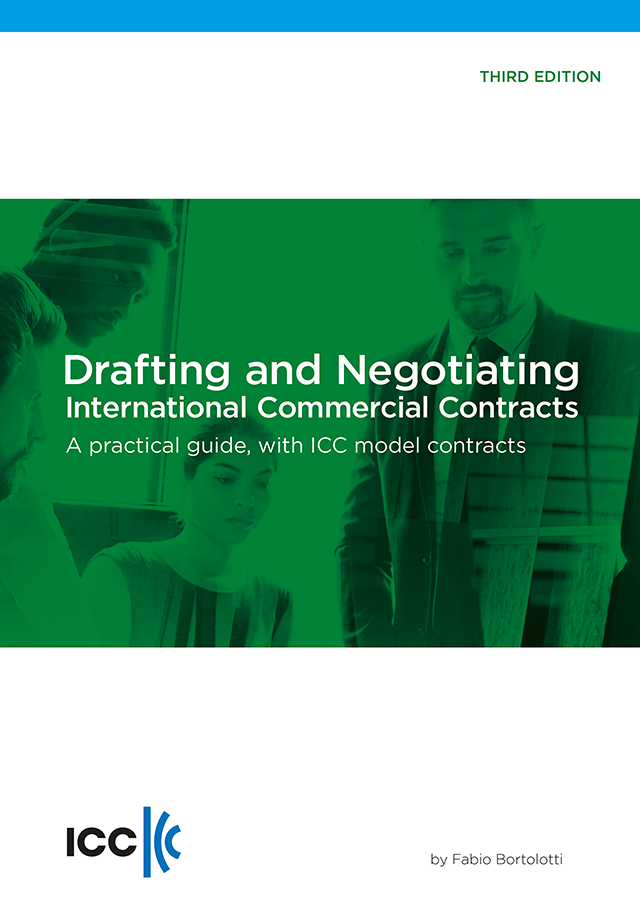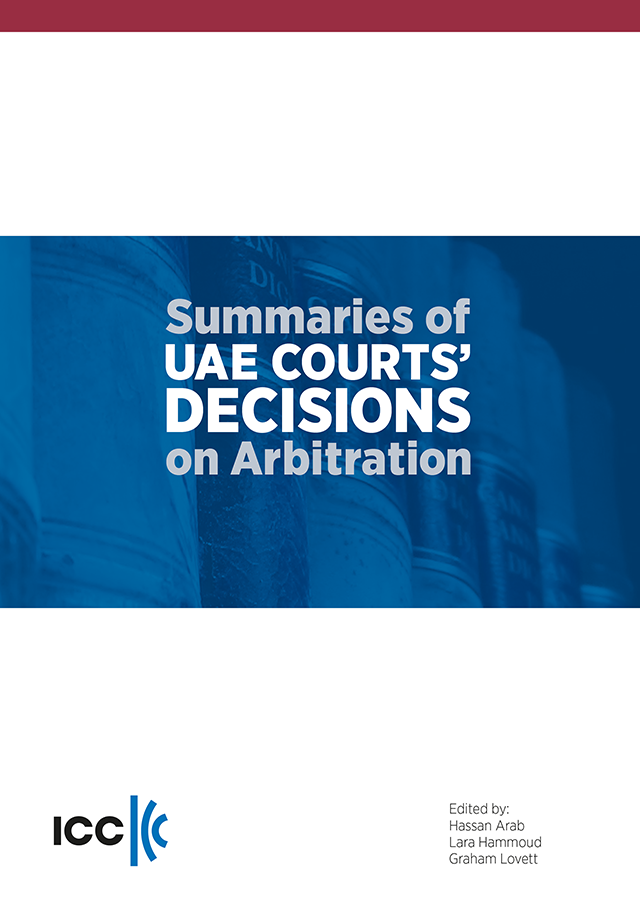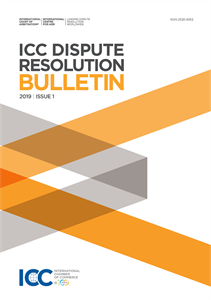payment Quick
delivery
You need help, more information or a quote ?
Help CentreICC DRS app
Our Dispute Resolution Services in an app. Download today.
On the occasion of the 7th ICC Indonesia Arbitration Day, ICC Institute of World Business Law together with ICC Dispute Resolution Services and ICC Indonesia are co-organising an Advanced Training designed for In House Counsel and dispute resolution practitioners in Indonesia and abroad. This year, the training will focus on documentary evidence in arbitration proceedings.
The ICC Institute Advanced Training aims to equip the participants with practical knowledge, insights, and advocacy skills on the topic. There is only a limited spots of forty (40) participants to ensure an engaging training environment.
|
08:30-09:00 |
Registration and Welcome Coffee |
|
09:00-09:15 |
Welcoming Address and Introduction |
|
09:15-10:00 |
Session 1: Strategic deployment of documentary evidence
In international arbitration, there is no one-size-fits-all to the treatment of evidence. This session will explore the nuances of a Tribunal’s approach to the evaluation of evidence generally and how parties can deploy documentary evidence strategically with other types of evidence to put their best case forward |
|
10:00-10:30 |
Q&A Session |
|
10:30-10:45 |
Coffee Break |
|
10:45-11:30 |
Session 2: Maximizing the quality and efficiency of document production
The scope of a document production process affects the duration and efficiency of the proceedings as well as costs for parties. This session will discuss the tools the Tribunal has in its kit to robustly case manage to streamline the document production process as well as the steps parties can take to ensure that the documentary evidence produced is germane to the key issues at hand. It will also suggest more efficient strategies for the parties to deal with this phase |
|
11:30-12:15 |
Case scenarios |
|
12:15-13:30 |
Lunch Break |
|
13:30-14:15 |
Session 3: Documentary evidence and key issues of M&A disputes
Arbitration has increasingly become the preferred method of dispute resolution for a wide range of high-value mergers and acquisition where the core issue centers on whether the commercial bargain struck was effectively embodied in the written agreements. This session explores the many facets of this core issue and how documentary evidence helps in the interpretation of key terms, including representations and warranties in the written documents |
|
14:15-15:00 |
Case scenarios |
|
15:00-15:15 |
Coffee Break |
|
15:15-16:00 |
Session 4: Documentary evidence and key issues of Construction and Infrastructure disputes
Large scale construction and infrastructure arbitrations are notorious for involving document intensive exercises which are expensive and time-consuming. This session will analyse how to deal with voluminous documents generated during day-to-day operations conflicting with terms in contractual agreements. In addition, it will address what parties can do to shore up all relevant and critical documentary evidence while managing costs. |
|
16:00-16:45 |
Case scenarios |
|
16:45-17:00 |
Concluding Remarks |
Speakers to be announced shortly
| Venue |
Westin Jakarta |
|
Registration |
Early bird rates (until 30 September 2025) : IDR 1,600,000 | EUR 94 Normal rates : IDR 2,000,000 | EUR 117 |
|
Registration information |
When you click to register for the event above, you leave the ICC website and are redirected to the registration platform used by the event co-organizer. Your personal information will be collected by this registration platform and the event co-organizer in accordance with their own privacy policies. Among other things, the privacy policy provides that the event co-organizer will share your personal data with ICC for the purpose of providing event services, in which case the ICC Privacy policy will also apply. |
|
Boni Facius Justin |
Deputy Director, Arbitration and ADR, ICC Indonesia |
+628111028259 |
|
|
Valerie Victor |
Executive Assistant, Arbitration and ADR, South Asia, ICC Dispute Resolution Services |

